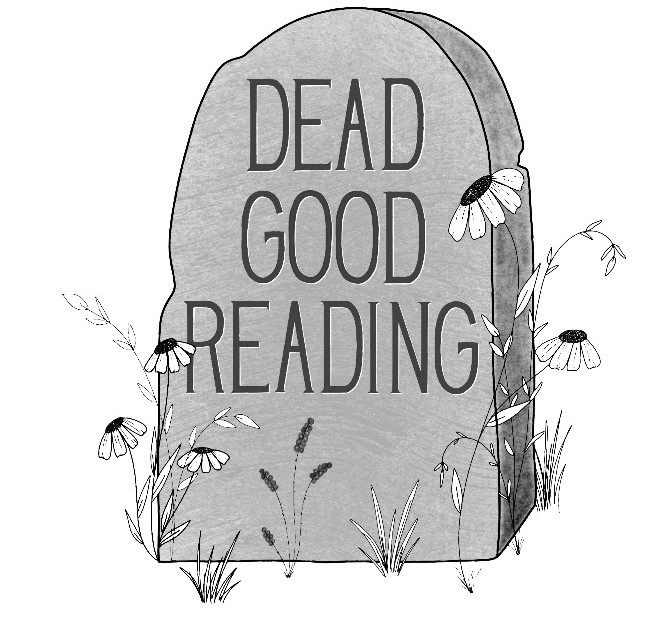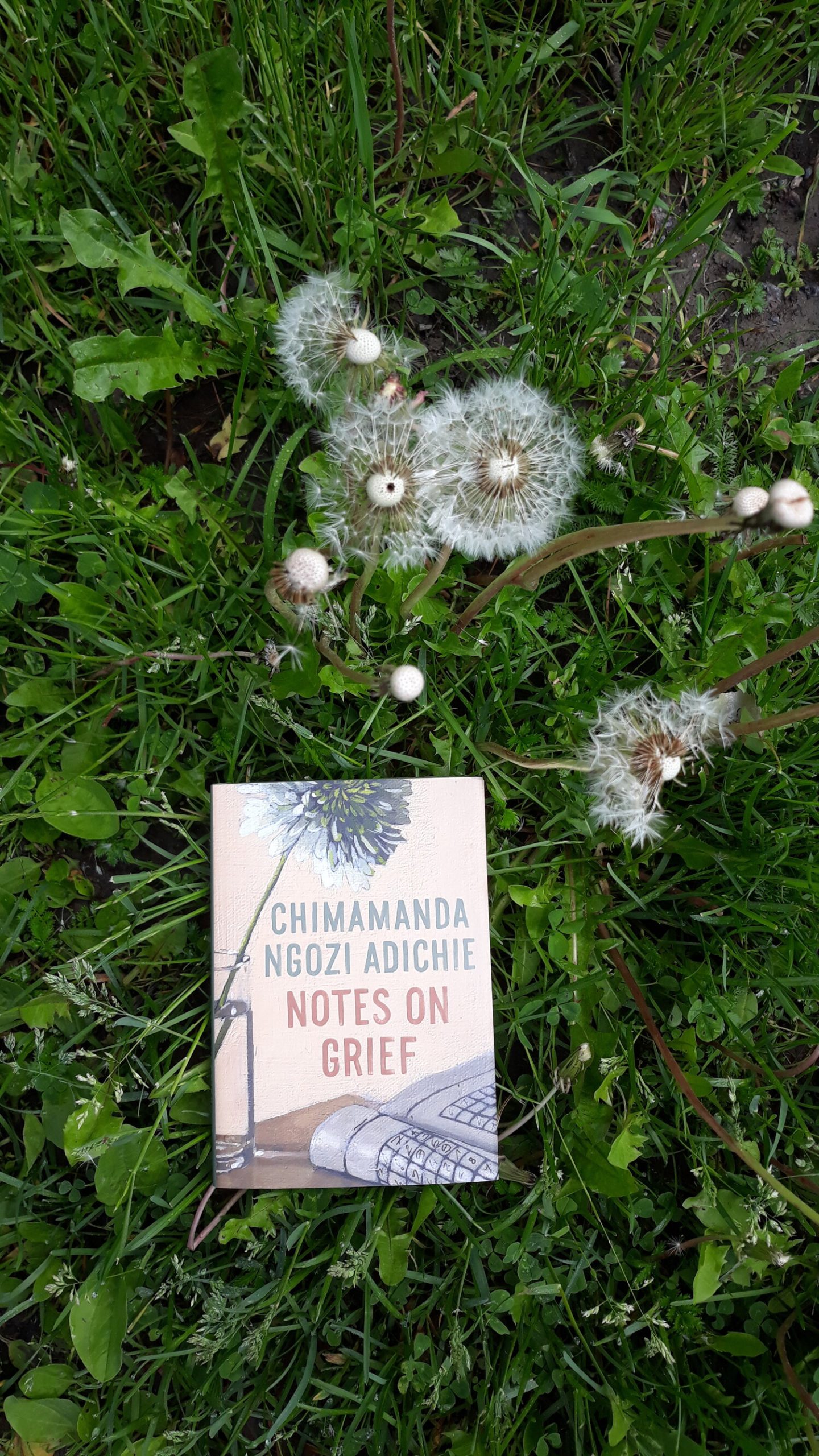In Notes on Grief Chimamanda Ngozi Adichie writes about the shock and profound impact of the loss of her father James Nwoye Adichie. Adichie recounts childhood memories, reflects on her relationship with her father and the difficulties of grieving and mourning during a global pandemic. Adichie’s father died of complications caused by kidney failure, an important reminder that 2020 consists not only of COVID deaths.
Nigerian-born Adichie is part of a family spread out globally, and Notes on Grief starts with a description of the family Zoom sessions with her family tuning in from three continents: Europe, Africa and North America. Staying in touch via Zoom is probably something we are all too familiar with right now. I am personally counting down the days to be able to fly home again, not having seen my family in person for almost a year now.
As other titles by Adichie such as Americanah and Half of the Yellow Sun are whoppers of books, I was surprised to find Notes of Grief is mere pocket-size. But then again, the title is Notes on grief, not an extensive essay on grief. The length of the work might also be due to the fact that words often do not do justice to experiences of loss and grief. Or, as Adichie comments,
“Grief is a cruel kind of education. You learn how ungentle mourning can be, how full of anger. You learn how glib condolences can feel. You learn how much grief is about language, the failure of language and the grasping for language”
— Notes on Grief Page:6
Much of the writing explores language; the words used to describe someone died, the platitudes and condolences offered, and the difficulties of writing an invitation for a funeral, as the act of writing the word ‘funeral’ hurts.
Notes of grief gives insight into Igbo culture and grief. For example, Adichie talks about ‘clearance’ or the payments that a family needs to make in order to ensure a ‘proper’ funeral.
“Clearance means that any outstanding dues to the age grade, the town union, the village, the clan, the ummuna, must be paid; otherwise, the funeral will be boycotted. A potent threat, the shunning of a funeral. To most Igbo people, at least those of my father’s generation, to be deprived of a proper funeral is almost an existential fear”
— Notes on Grief. Page: 48
Igbo culture thus provides a framework and guidance on how to conduct funerals and how to grieve, but also can be experienced as constraining and highly gendered. Other widows have visited her mother and commented that it is expected for widows to shave their heads – something Adichie finds ridiculous not the least because it is not expected men do this when they lose their wives.
“Imagine dreading a funeral and yet longing for it to pass’”
— Notes on Grief. Page: 53
I found this line incredible powerful. In some ways COVID-19 gave Adichie much needed time. The funeral had to be postponed several times as Nigerian airports were closed for a very long time. Yet, at the same time this also meant that her internationally scattered family all had to cope with the initial impact of the loss in their respective home-environments.
Notes on Grief is a raw account on loss, grief and family relationships that will strike a chord with a wide audience as death, particularly the death of a parent, is something many, if not all of us, will have experienced, or will experience in the future.


Leave a Reply